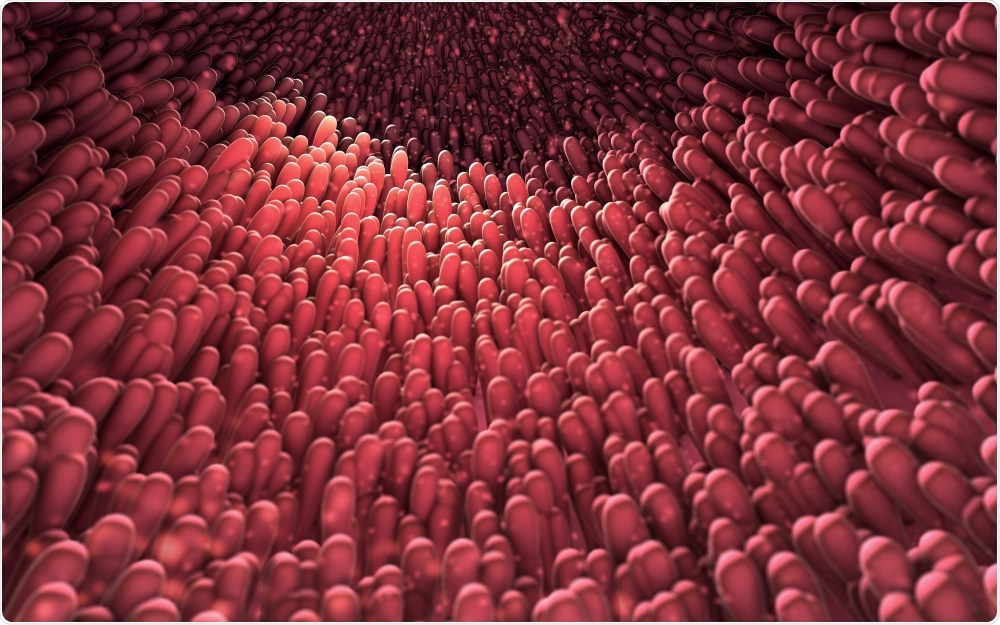Researchers are not clear whether mucus is the first line of defense against bad bacteria in the human gut. Now, there is some kind of speculation about whether mucus could also play a role in humans’ defense against brain disorders.

Image Credit: Christoph Burgstedt/Shutterstock.com
Bacterial imbalance in the gut is associated with autism, Alzheimer’s disease, and other brain disorders; however, the actual causes have remained elusive.
Now, the latest research review of 113 gut, neurological, and microbiology studies headed by RMIT University implies a common thread—that is, variations in gut mucus.
According to Elisa Hill-Yard, the study’s senior author and Associate Professor from RMIT University, such changes are likely to contribute to bacterial imbalance and aggravate the main symptoms of neurological disorders.
Mucus is a critical protective layer that helps balance good and bad bacteria in your gut but you need just the right amount - not too little and not too much.”
Elisa Hill-Yardin, Study Senior Author and Associate Professor, RMIT University
Hill-Yardin continued, “Researchers have previously shown that changes to intestinal mucus affect the balance of bacteria in the gut but until now, no-one has made the connection between gut mucus and the brain.”
Our review reveals that people with autism, Parkinson’s disease, Alzheimer’s and Multiple Sclerosis have different types of bacteria in their gut mucus compared with healthy people, and different amounts of good and bad bacteria. It’s a new gut-brain connection that opens up fresh avenues for scientists to explore, as we search for ways to better treat disorders of the brain by targeting our ‘second brain’—the gut.”
Elisa Hill-Yardin, Study Senior Author and Associate Professor, RMIT University
Gut mucus is different based on where it is present in the gastrointestinal tract—it is more permeable in the small intestine and hence nutrients from food can be easily absorbed, whereas the mucus is thick in the colon and should be impenetrable to microorganisms.
The mucus is full of bacteria-killing peptides, particularly in the small intestine; however, it can also function as an energy source, feeding certain bacteria thriving inside it.
Gut neurons and brain disorders
Researchers are now learning that neurons in the gut can be affected by brain disorders. For instance, RMIT University researchers have demonstrated that neurons in both the gut and the brain nervous systems are impacted by autism.
The recent review implies that reduced protection from the gut mucus could make patients affected by neurological diseases more vulnerable to gastrointestinal problems.
According to Hill-Yardin, severe dysfunction of the gut could aggravate the symptoms of brain diseases, considerably impacting the quality of life for both patients and their families.
If we can understand the role that gut mucus plays in brain disease, we can try to develop treatments that harness this precise part of the gut-brain axis, Our work shows that microbial engineering, and tweaking the gut mucus to boost good bacteria, have potential as therapeutic options for neurological disorders.”
Elisa Hill-Yardin, Study Senior Author and Associate Professor, RMIT University
Source:
Journal reference:
Herath, M., et al. (2020) The Role of the Gastrointestinal Mucus System in Intestinal Homeostasis: Implications for Neurological Disorders. Frontiers in Cellular and Infection Microbiology. doi.org/10.3389/fcimb.2020.00248.